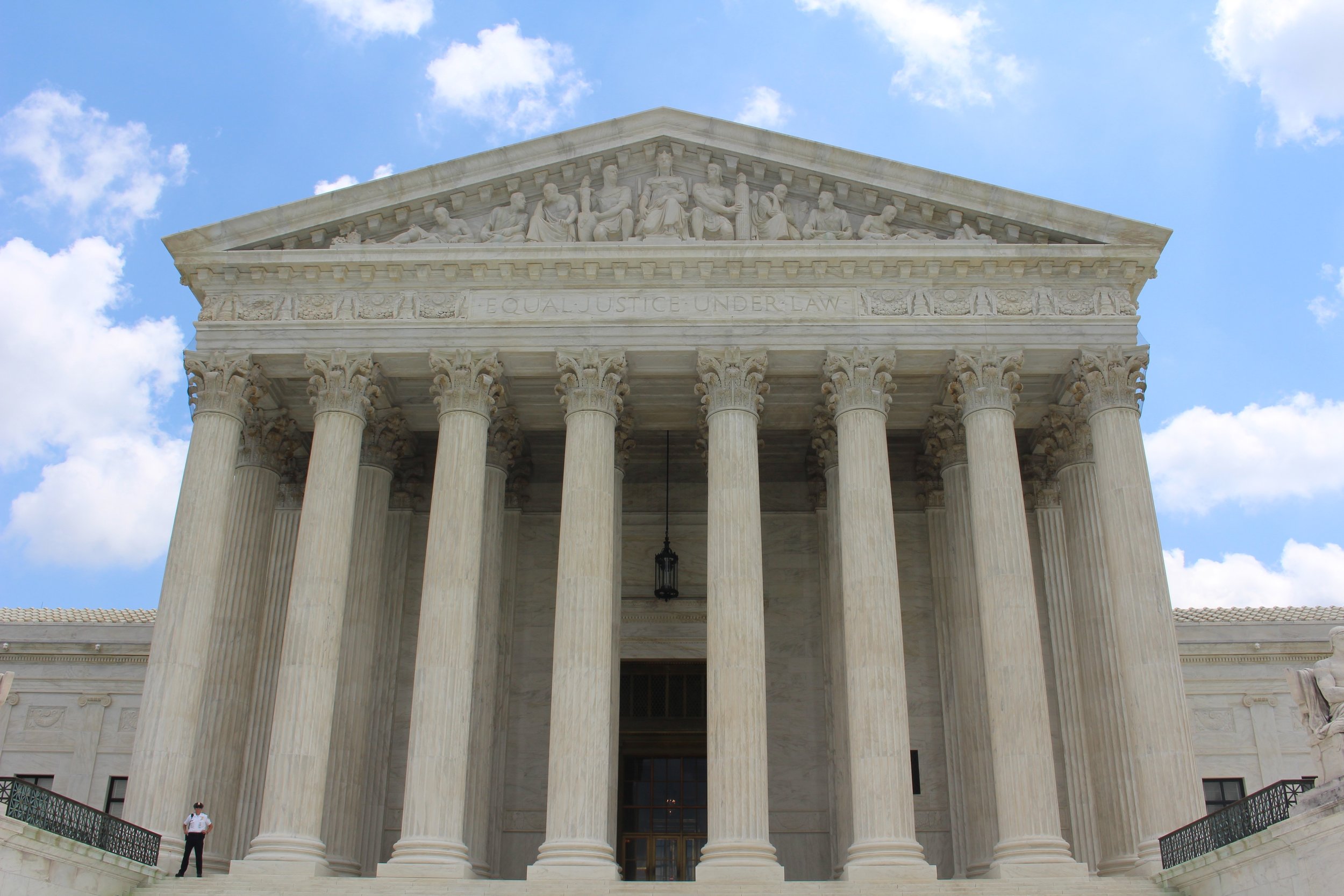carol@cohenbuckmann.com
Nevada amended its state fiduciary law in 2017 to remove an exemption for brokers and advisers, but we have just now seen proposed regulations explaining how the law will be interpreted. Those regulations are very troubling because they ignore without explanation the rule that ERISA preempts state laws that relate to employee benefit plans. This is of special concern because we know that comments were submitted to the Nevada Securities Division focusing its attention on the preemption issue.
When ERISA was enacted in 1974, the intent was to replace a patchwork of state regulation with one uniform set of rules that would apply across the nation. Those rules not only define the functions that make a person a fiduciary, but set out the responsibilities of fiduciaries and the remedies available if there is a fiduciary breach. This means that if you do business in many states, you will not be subject to different standards in each jurisdiction. It should also mean that states cannot impose different standards than those imposed under ERISA, whether they are higher or lower. While there are laws, such as the Age Discrimination in Employment Act, that provide for state as well as federal roles in enforcement, ERISA is not one of them.
It will set a dangerous precedent if these rules are finalized as proposed. New Jersey and Maryland are considering either new legislation or regulations that would also provide for state regulation of fiduciaries. The problem could rapidly spread. It should be noted, however, that when New York established a “best interest” standard for insurance and annuity sales in 2018, it specifically exempted plans subject to ERISA.
The retirement industry can and should submit comments to the Nevada regulators stressing that they do not have authority to regulate who is a fiduciary to an employee benefit plan. This is particularly important in light of the fact that the Department of Labor, which does have such authority, is reportedly working on a new nationwide federal rule to replace the invalidated Fiduciary Rule. The comment deadline is March 1.
If the Division is not receptive, a legal challenge to the final regulations could go up to the U.S. Supreme Court.
